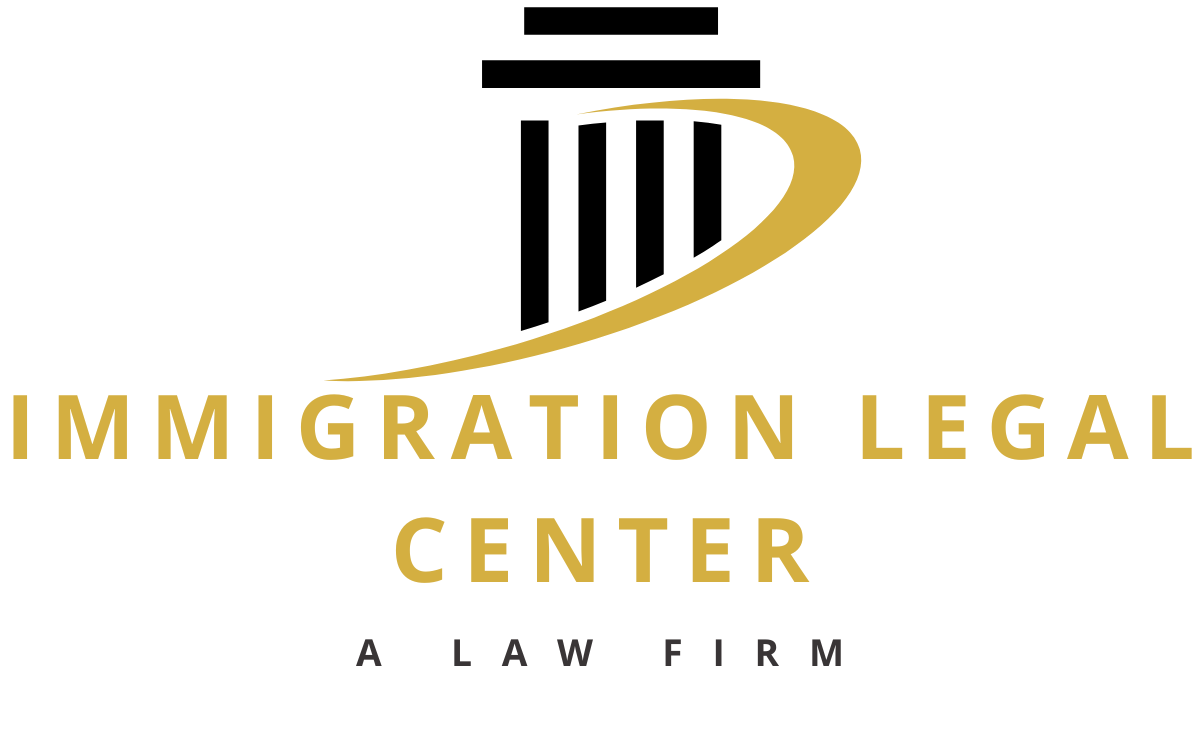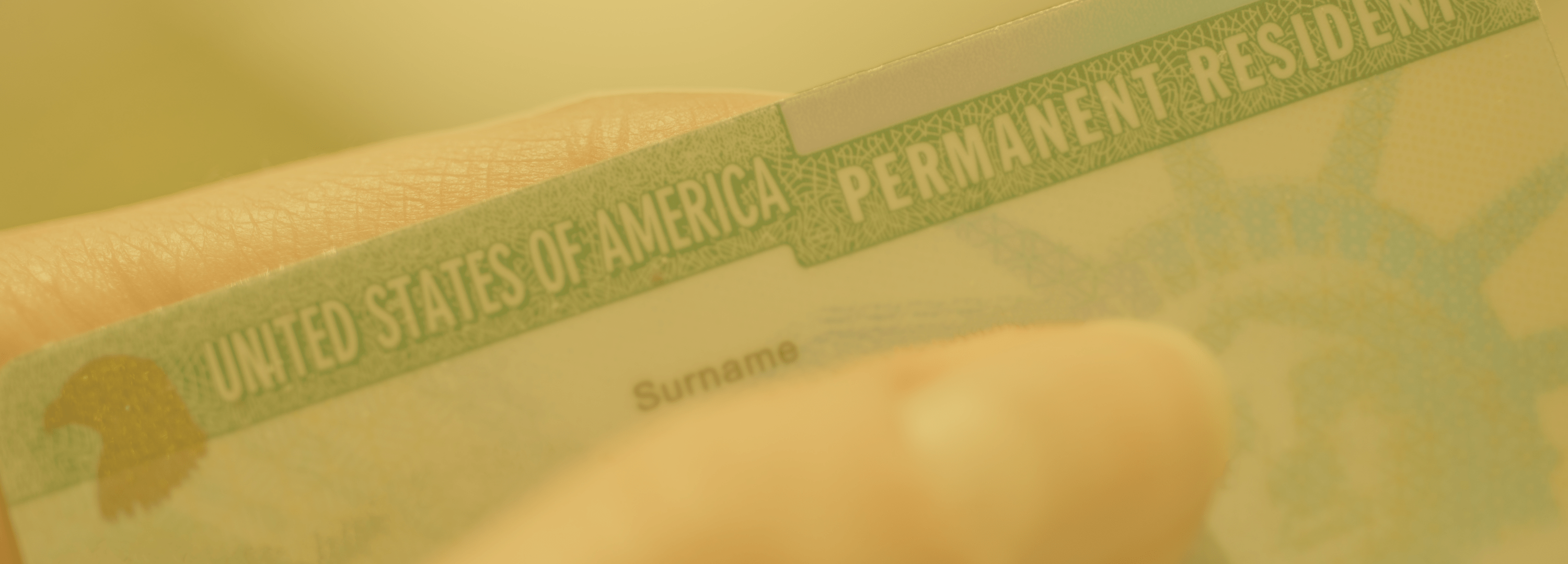Obtaining a green card (lawful permanent residency) in the United States outside of a family petition can be achieved through various avenues. Here are three common ways:
Employment-Based Immigration:
EB-1 (Employment-Based First Preference): Reserved for individuals with extraordinary ability, outstanding professors and researchers, and multinational managers or executives.
EB-2 (Employment-Based Second Preference): Available for professionals with advanced degrees or exceptional ability in their field. National Interest Waiver (NIW) is one way under this category where individuals may self-petition if their work is deemed to be in the national interest.
EB-3 (Employment-Based Third Preference): Designed for skilled workers, professionals, and other workers.
Investor Visas:
EB-5 Immigrant Investor Program: This program allows foreign investors to obtain a green card by investing a certain amount of capital (usually at least $1.8 million, or $900,000 in a targeted employment area) and creating or preserving a certain number of jobs in the U.S.
Diversity Visa Program:
Also known as the Green Card Lottery, the Diversity Visa (DV) Program is a lottery system that provides a limited number of green cards to individuals from countries with low rates of immigration to the U.S. The lottery is held annually, and eligible individuals can apply for a chance to win a green card.
It’s important to note that the specific requirements, eligibility criteria, and processes for obtaining a green card can change, and it’s advisable to check with the U.S. Citizenship and Immigration Services (USCIS) or consult with an immigration attorney for the most up-to-date and accurate information based on your individual circumstances.
If you or someone you know needs this type of assistance get a green card, do not hesitate to contact us.

